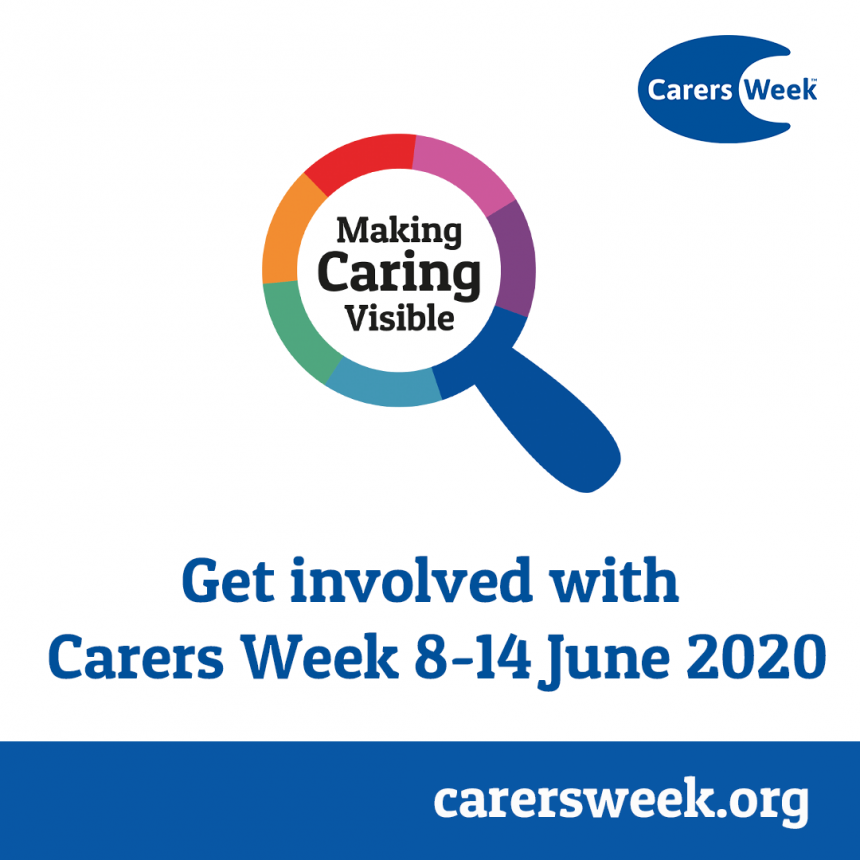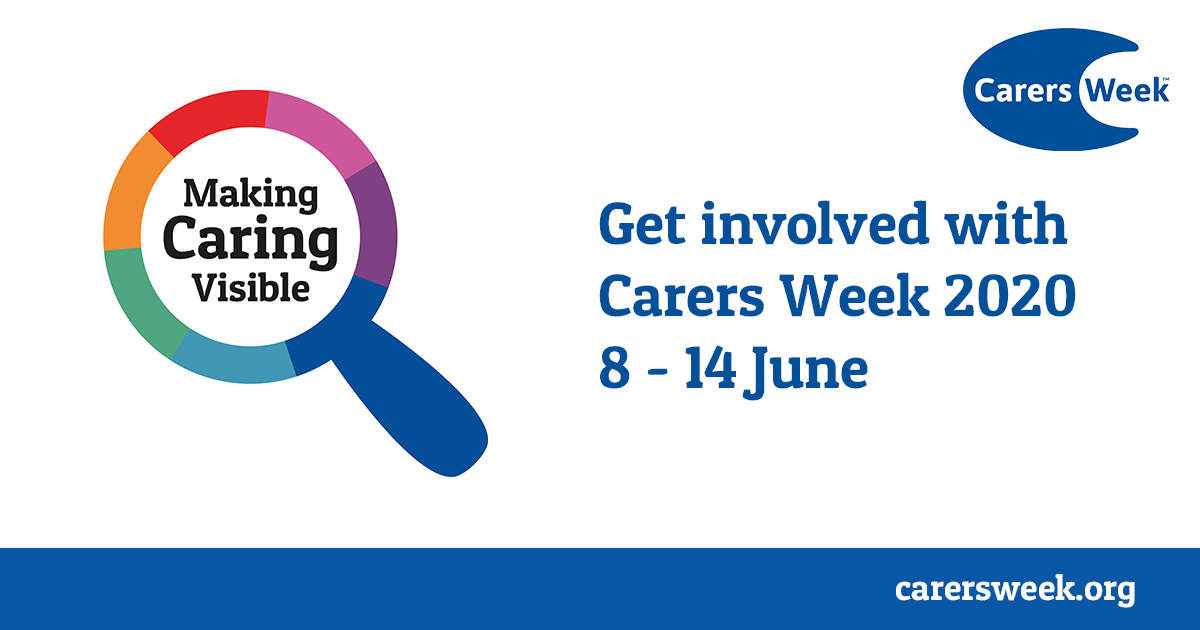I have been trying to get this post written in acknowledgement of Carers Week since last week; as a parent carer myself, it felt wrong not to write about it. I have thought about the points I want to share, reflected on how it feels to be a carer – and especially in the context of the theme this year (making caring visible) – and I have tried, and failed, repeatedly to set aside time to get this post finished and published. However, the reality is; unpaid carers don’t get much time to themselves, or have alot of energy to spare. On top of that, invariably things crop up unexpectedly to deal with too. In short, having a major caring role can be somewhat consuming. So here I am, at the end of the week, still trying to contribute my voice! I guess better late than never?!
As some of you might already be aware, Squiggle is autistic (PDA profile) with anxiety disorders. She has complex needs and requires alot of additional support in everyday life. At times, the level of care needed could be considered somewhat intensive. Caring for someone certainly isn’t easy, and it can impact all other aspects of life too.
I am not alone in this of course; new figures released for Carers Week show an estimated 4.5 million people in the UK have become unpaid carers as a result of the Covid-19 pandemic. This is on top of the 9.1 million unpaid carers who were already caring before the outbreak, bringing the total to 13.6 million.
This is an astounding number; probably so much more than most people would have guessed at. I wonder how many people around us, such as neighbours and members of the local community, are caring for someone and we don’t even realise? That we are totally unaware of their situation and the affects it has on their daily life? I imagine there must be plenty. This brings me onto the main thought I had about Carers Week and the theme #MakingCaringVisible – are unpaid carers often invisible to the outside world?

As a parent carer, there are situations where I do feel my role, and the challenges it presents, is completely unrecognised. It is often little things, such as ignorant comments or an obvious lack of understanding.
Grumbles from the postman – or worse, people ignoring – that there is a note on the front door requesting people don’t knock (due to unusual sleep patterns); hurtful comments such as how I am ‘lucky’ to have my phone all the time when they can’t while working (I am not able to have a job that would require me to go out to work, or have set hours, due to my unpaid caring role, and I need to be available, which is why it stays with me); friend connections lost, or being excluded from groups, due to the number of cancelled commitments, having to alter plans at the last minute, unable to coordinate schedules, or simply being too exhausted. These are just a few examples of the ways that being a carer, and the needs of the person being cared for, can feel invisible.
At the same time though, there are lovely people who do understand and go out of their way to provide support. Again, it is often the small gestures; offering to help with shopping, or a quick message to let me know of a neighbourhood event that could affect us. More than anything though, it is the people who take time to understand our needs and how to help; that is what really matters.
I think that is the bottom line. It is not generalised offers of ‘support’ or standard gestures (however well intended) simply because I am a carer – which can actually feel very anonymous and are often irrelevant to us, or even unhelpful given her needs – but actually finding out what will help us personally. That is what makes being a carer feel more visible; the thing that makes us feel seen, and better yet, understood.

